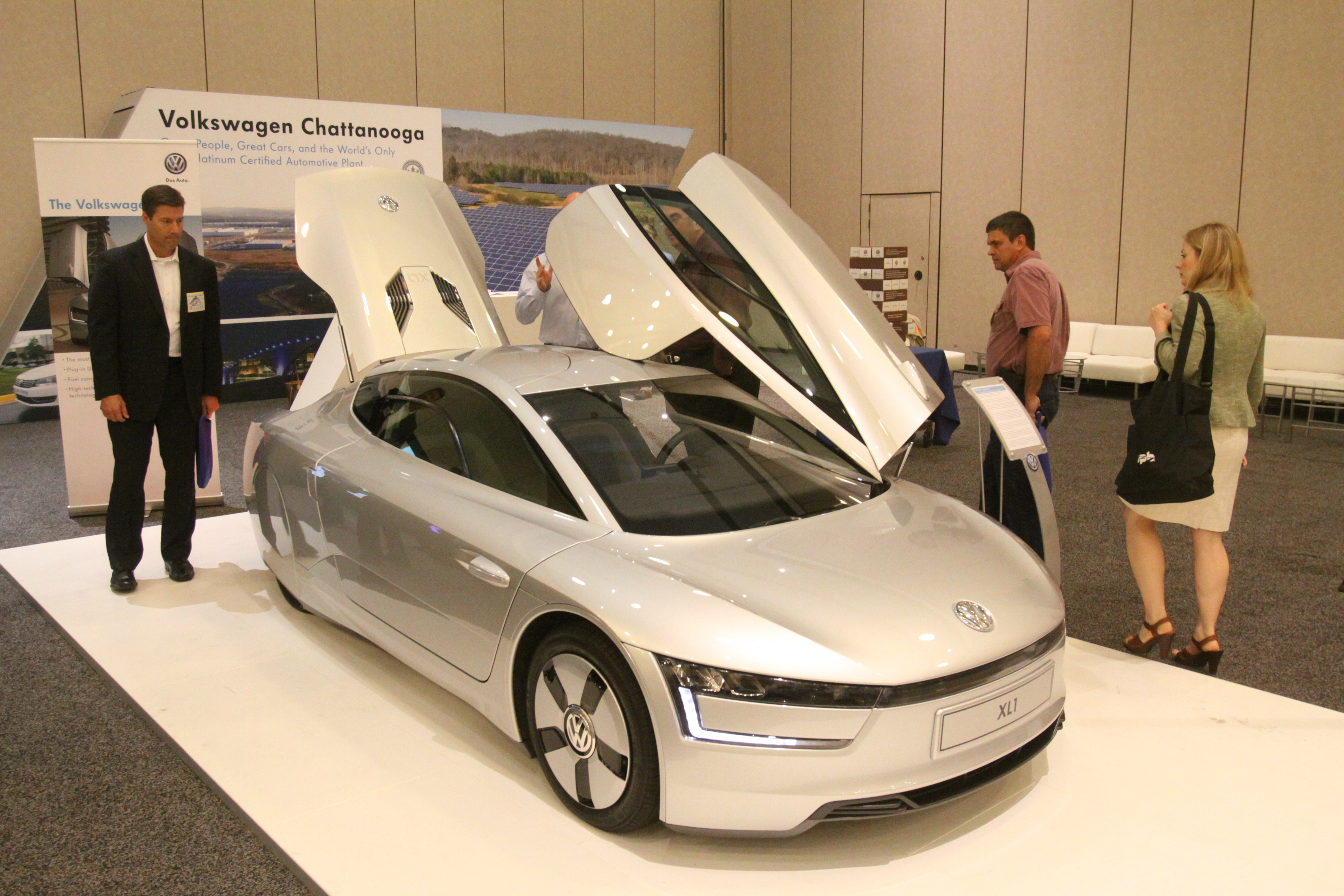Pam's Points: Working together for common good
Friday, October 11, 2013
An exercise in faith and responsibility
In antithesis to the heels-dug-in, obstructionist U.S.-House of Representatives attitude, a Boyd-Buchanan School group of fourth- and fifth-graders recently took on the mantle of problem-solvers with Times Free Press reporter Clint Cooper to bag meals for the Haiti branch of the Feed My Starving Children organization.
The goal was to pack 1.5 million meals helped by hundreds of student and adult volunteers in Chattanooga. They met the mark.
In the process, Cooper -- who held the bags under an electric sealer -- lost no typing fingers. Hooray for Feed My Starving Children, and hooray the Times Free Press!
Sure, I'm pushing this analogy of cooperation. Clearly, Congress is nowhere near as smart as teachers, elementary students and even journalists.
But, come on: Surely if one little Southeast Tennessee school can feed 1.5 million starving children, then the U.S. House of Representatives can overcome its fear of 30 or so misguided tea party lawmakers to end the United States' government shutdown that is holding hostage humanitarian help to Americans who need their paychecks, their food stamps, their veteran death benefits and a national map of flu threats and outbreaks. Why? Because of a law that helps all Americans have an opportunity to have health insurance. Excuse me, but I don't understand this great chasm. Of course all Americans should have affordable access to health care. And, no, it doesn't mean anybody loses access.
OK, here's an idea. Let's send Boyd-Buchanan elementary students to Congress next year.
There's no doubt that they know the drill. They have already learned the concept and rhythm of cooperation to achieve a common and good goal. Kudos, kids. You're galaxies ahead of Congress.
River Rescue for the 25th time
The Tennessee River and all of us who live along it in Hamilton, Marion, Bradley and Rhea counties owe a thank you today to more than 900 people who on Saturday celebrated 25 years of cleaning up the river during the annual Tennessee River Rescue.
That was the day that those 900-plus people worked hard, got dirty and made our river environment cleaner, according to Tennessee River Rescue event coordinators Christine Bock and Nancy Brice.
Volunteers collected 257 tires, multiple tons of trash, too many household items to count, unimaginable amounts of Styrofoam and plastic and far more than 1,000 cigarette butts. Water quality testing was done in various zones.
This is a communitywide effort accomplished with dollar donations, as well as services and time. But it is not just a litter cleanup. It also is an eye-opening educational event, as well.
Kudos, all. It's the very least we can do for the lifeblood of many in Tennessee, Alabama, Mississippi and Kentucky.
We're all downstream.
Six months of driving
Last week, Volkswagen showed hundreds of global journalists and a handful of Chattanoogans at the Society of Environmental Journalists conference a prototype car that gets the equivalent of 261 miles per gallon. Two hundred sixty-one miles per fill-up/plug-up.
Holy cow, Batman. OK. Think about this. I drive a hybrid Toyota Prius that averages 47 mpg. I live about 25 miles away from my work. I can drive to and from work for a month on one tank of gas. With this new Volkswagen XL1, I would plug this gorgeous little sports-car-looking sweetheart in, and -- by my calculation -- drive about six months on roughly that same amount of energy.
At the SEJ conference, journalists learned that it would take 10 million hybrids, most charged at night when electricity peak demand is low, to increase electricity load demand by less than 1 percent. Barrels and barrels of oil vs. not very much electricity. Wow.
VW, for now, is making only 250 of these sweet cars, and -- alas -- not in the United States.
Of course not. We in the U.S. are not ready. We'd rather be futzing around with fossil fuels, because we really don't like (read here, understand) change.
We're really very backward.

